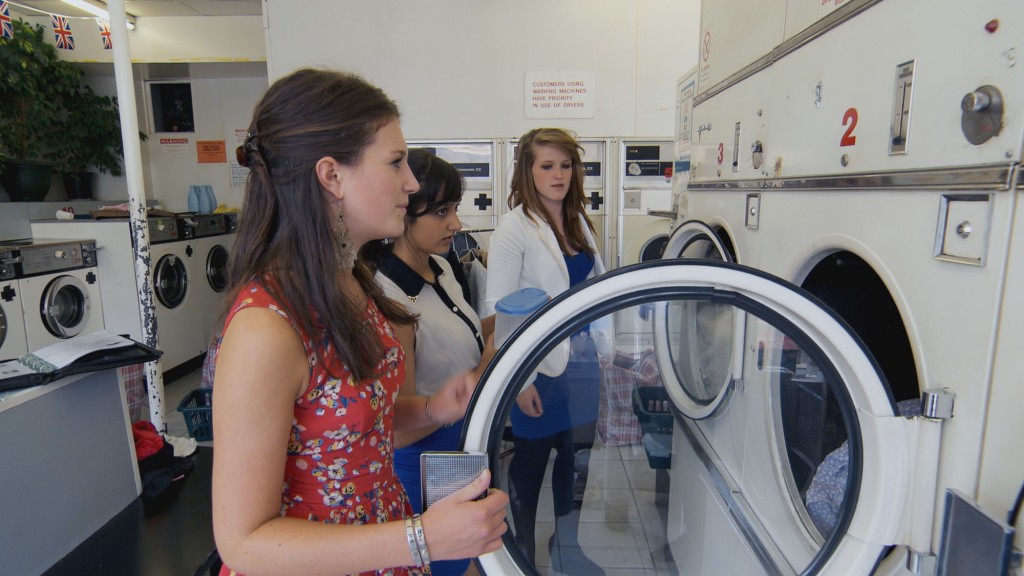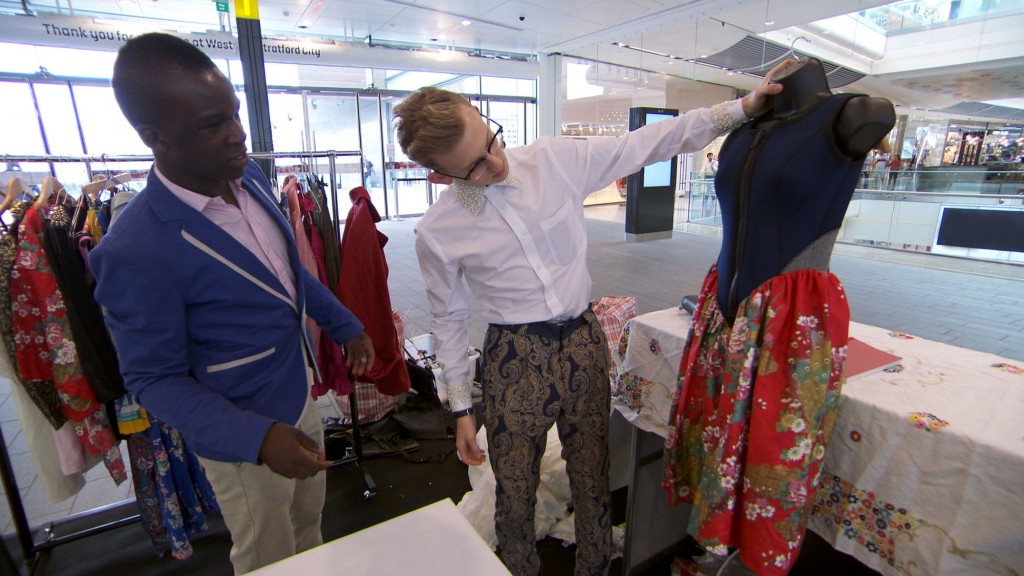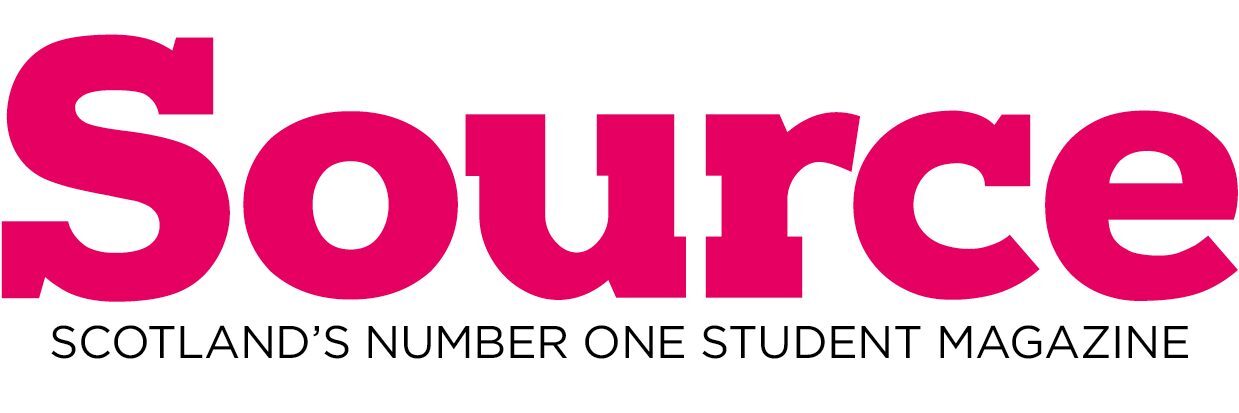In terms of pure entertainment, there isn’t much on British TV that can top The Apprentice programmes. The only problem is that producers of the show have twigged that the most entertaining contestants aren’t always the ones that the viewers should be taking an example from, which means that the main criteria for choosing who will appear on the show does not necessarily seems to be business acumen, interpersonal skills or intelligence. So just how do they find the new contestants? A careful look at the new series of Young Apprentice gives us a clue as to what makes a perfect candidate… And how that may not be what you want in a real business scenario.
1. Speak entirely in cliché and malapropism
Communication skills and economy of language are two essential factors in being part of a business, so it would be reasonable to expect our young apprentices to interact in a clear and articulate fashion. Not so. In fact, so littered with mixed-metaphors and meaningless buzz words is the vocabulary of most of the candidates in this series that it almost seems like their only brush with the English language before this programme was watching the post-match interviews on Match of the Day. This leads to such gems as, “We all need to put in 100% each…so that’s 600%,” which really makes neither mathematical nor practical sense when applied to putting effort in. At the end of the day though, what you see is what you get and a stitch in time saves a bit of stick… See, it’s annoying isn’t it?
2. Never say anything nice about anyone if you can avoid it
Robustness is another vital quality to ensure success in the sometimes cut-throat business world. but there is a fine line between having a thick skin and needlessly antagonising everyone around. It’s important to remember that ‘successful business-person’ archetypes like Miranda Priestly in The Devil Wears Prada or Gordon Gekko in Wall Street are exaggerations of the kind of toughness required to be a successful entrepreneur. A more measurable example of how movies and TV warp these kind of traits for entertainment purposes are the characters of Mark Zuckerburg and Sean Parker in The Social Network. Both are reportedly perfectly lovely people, but it’s more fun to watch them being arrogant and insulting. Cut to the young apprentices’ criticisms of each other’s ideas, attitude, appearance or basically anything that might get them sacked. While this is undoubtedly a tactical move in the spirit of the competition (although lacks a little in sportsmanship,) and yet another cliché. “I’m not here to make friends” is never far from the lips of most contestants. It is important to remember that in most situations not created for entertainment purposes, you are there to make friends, so it helps to throw in a complement among the ‘well-intentioned’ criticism every so often.

3. Have no common sense whatsoever
Although nobody is going to present Lord Sugar with a Nobel prize any time soon, he is at least a shrewd and sensible operator, which is a basic requirement for anyone wishing to work with him. Seemingly the producers of Young Apprentice were looking for the exact opposite, as the girls’ team demonstrated by not knowing the difference between a washing machine and a tumble dryer, and then not knowing how to use the machine towards which they were kindly pointed. Not to be outdone the boys took all of five seconds to come up with ‘Odyssey’ as a team name, prompting a ten-minute debate about how to spell it. Again, best not to have these basic gaps in your knowledge if you really are a young go-getter in the business world, or if you do then prepare to be mocked ruthlessly.
4. Refuse to admit to any mistakes – ever
Despite apologising or admitting mistakes being almost universally considered a sign of weakness (thanks a lot, Nick Clegg…) acknowledging areas that need improvement, particularly for young people, indicates humility and a willingness to learn. I’m not entirely sure that young messrs Patrick and Max in Young Apprentice quite realised that their respective decisions to take the products they were meant to be selling away from the customers, and spending the whole day folding said products rather than selling them, were actually mistakes. While pig-headed defensiveness is a necessity for prime ministers and newspaper editors for whom any mistakes are unforgivable, for a young, developing mind, it just comes across as the act of a spoilt brat.

5. Pay no attention whatsoever to any advice
Linked to the above observation, the perception that being successful in business means never doing anything wrong also seems to have instilled in the young apprentices the attitude that taking direction from another human being is a shameful sign of fallibility. The fact that Lord Sugar’s advice is often not just constructive but essential to the development of his candidates, and even more often, the guidance he gives them comes from experience, meaning that there is no way that they could know it already. The most hilarious aspect of this characteristic is the way in which being team leader or project manager suddenly makes whichever lucky candidate gets to do the job the world’s foremost authority in selling whatever they’re meant to be selling – and therefore duty bound to belligerently ignore every tentative piece of advice given them by any of their team mates.
And that concludes the main attributes sought in every prospective apprentice. So forget these redundant, archaic values like teamwork, sociability, humility and self-awareness. Nobody wants to see that nonsense on television. Give us the pompous, lisping, incapable-of-making-a-cup-of-tea love child of David Brent and Boris Johnson any day!
Catch the young apprentices in action, Thursdays at 8pm on BBC One.

